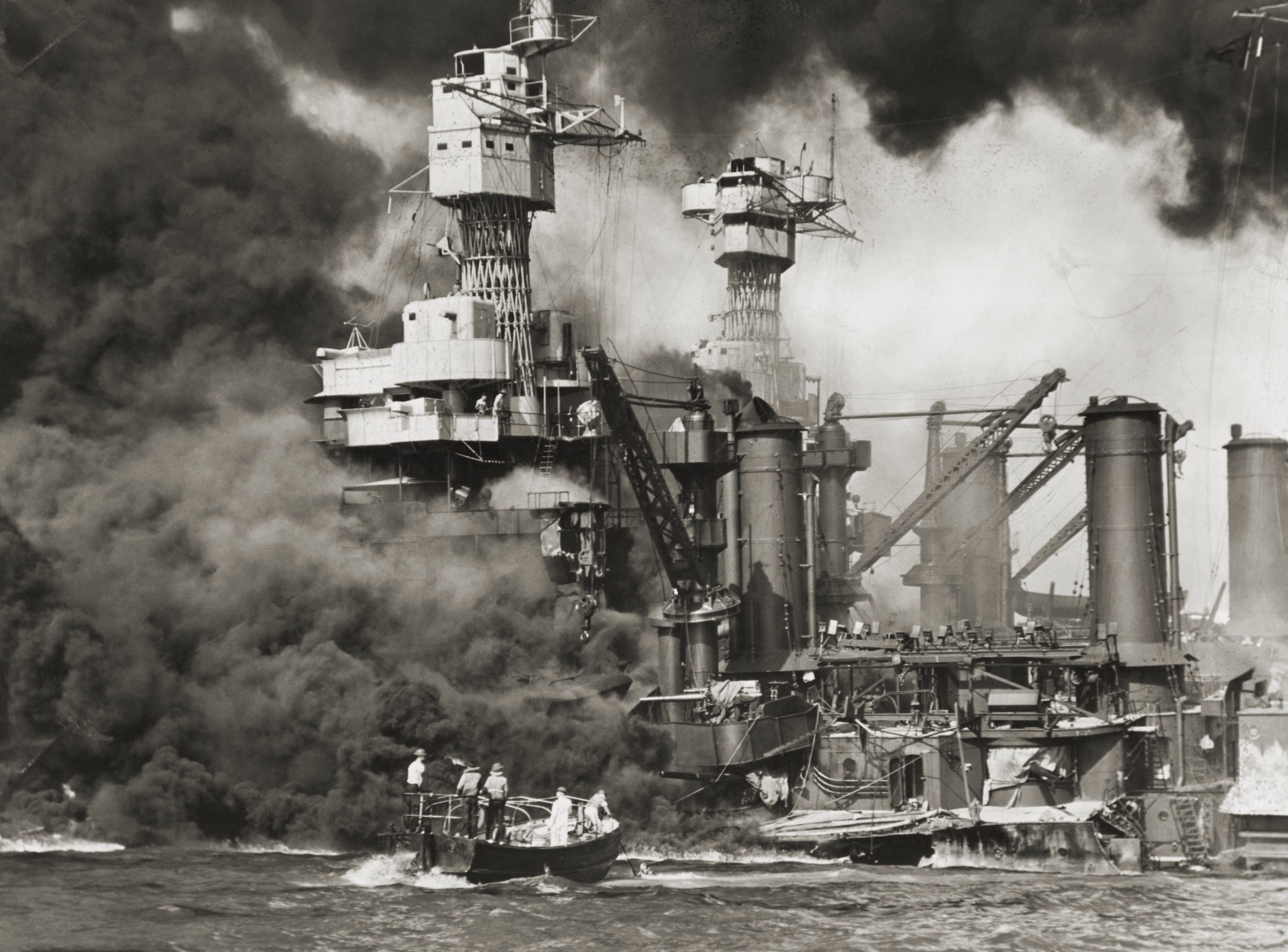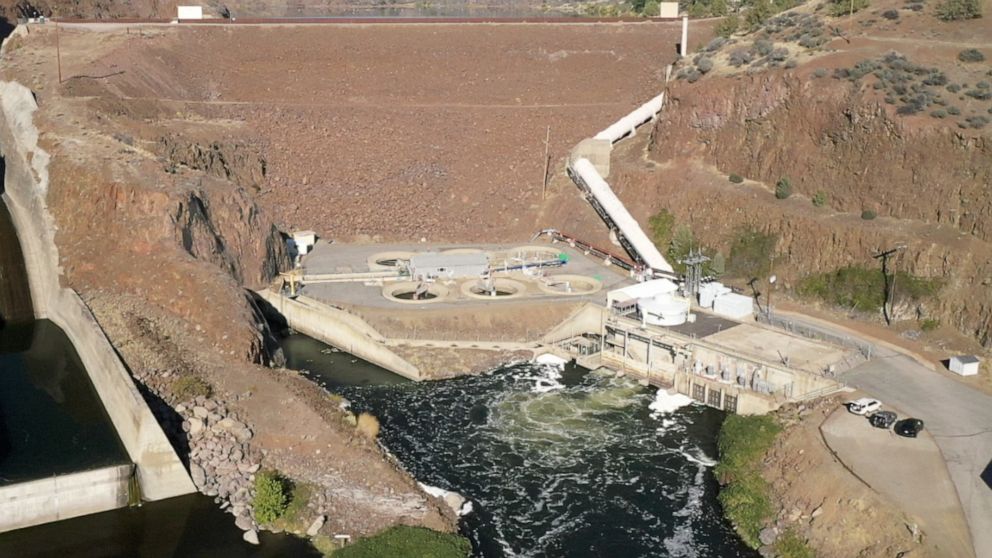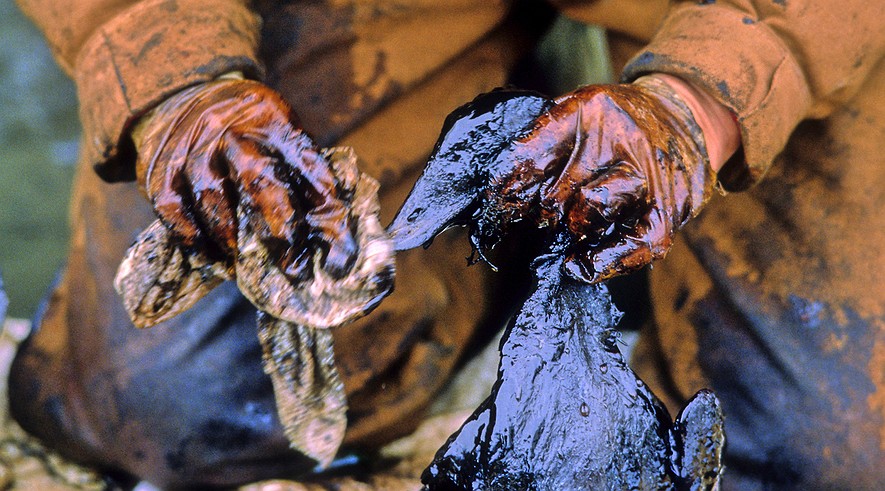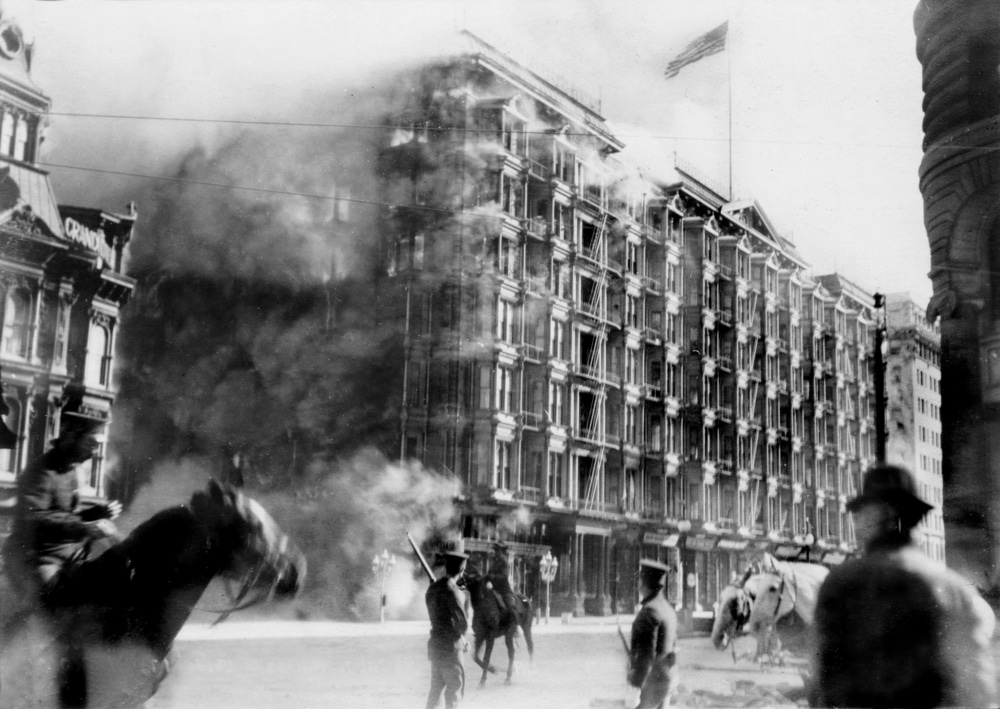
This is a series of disastrous events in American History. These disasters have accounted for thousands of deaths and even more emotional anguish than we could imagine.
This is a U.S. naval base near Honolulu, Hawaii, that was the scene of a devastating surprise attack by Japanese forces on December 7, 1941. On the morning of that day, over 200 Japanese fighter planes landed on the base. They damaged nearly 20 American naval vessels, eight battleships, and over 300 aeroplanes. Over 2,400 Americans died in the attack, including civilians, and another 1,000 people were wounded.
President Franklin D. Roosevelt asked Congress to declare war on Japan the day after the attack. While the attack on pearl harbour was a surprise, the tension between Japan and the United States had been hinting at war for decades.
The Japanese idea was simple: Destroy the Pacific Fleet. That way, the Americans would be disabled against Japan’s armed forces as they spread across the South Pacific. On December 7, the Japanese launched their attack after months of planning.
Around 8 a.m., Japanese planes began raining bombs and bullets on the American vessels at pearl harbour. By 8:10, a 1,800-pound bomb smashed through the deck of the battleship USS Arizona and landed in her forward ammunition magazine. The ship exploded and sank with over 1,000 men trapped inside.
The attack lasted less than two hours, and by the time it was over, every battleship in the base had been significantly damaged. With numerous pieces of equipment destroyed and many deaths, the Japanese wrongly assumed that they had crippled the Pacific fleets.
However, the battleships in the 1940s had stopped being the most important naval vessels; also, while the attack had been devastating, the base’s most necessary onshore facilities, mainly the oil storage depots, repair shops, shipyards and submarine docks, remained intact.
American President Franklin D. Roosevelt addressed Congress a day after the attack, saying, “No matter how long it may take us to overcome this premeditated invasion, the American people in their righteous might will win to absolute victory. I believe I interpret the will of the Congress and the people when I assert that we will not only defend ourselves to the uttermost but will make very certain that this form of treachery shall never endanger us again.”
Three days after Congress approved the war against Japan, Japan’s allies Germany and Italy declared war against the United States. And for the second time, Congress reciprocated, declaring war on the European powers.




